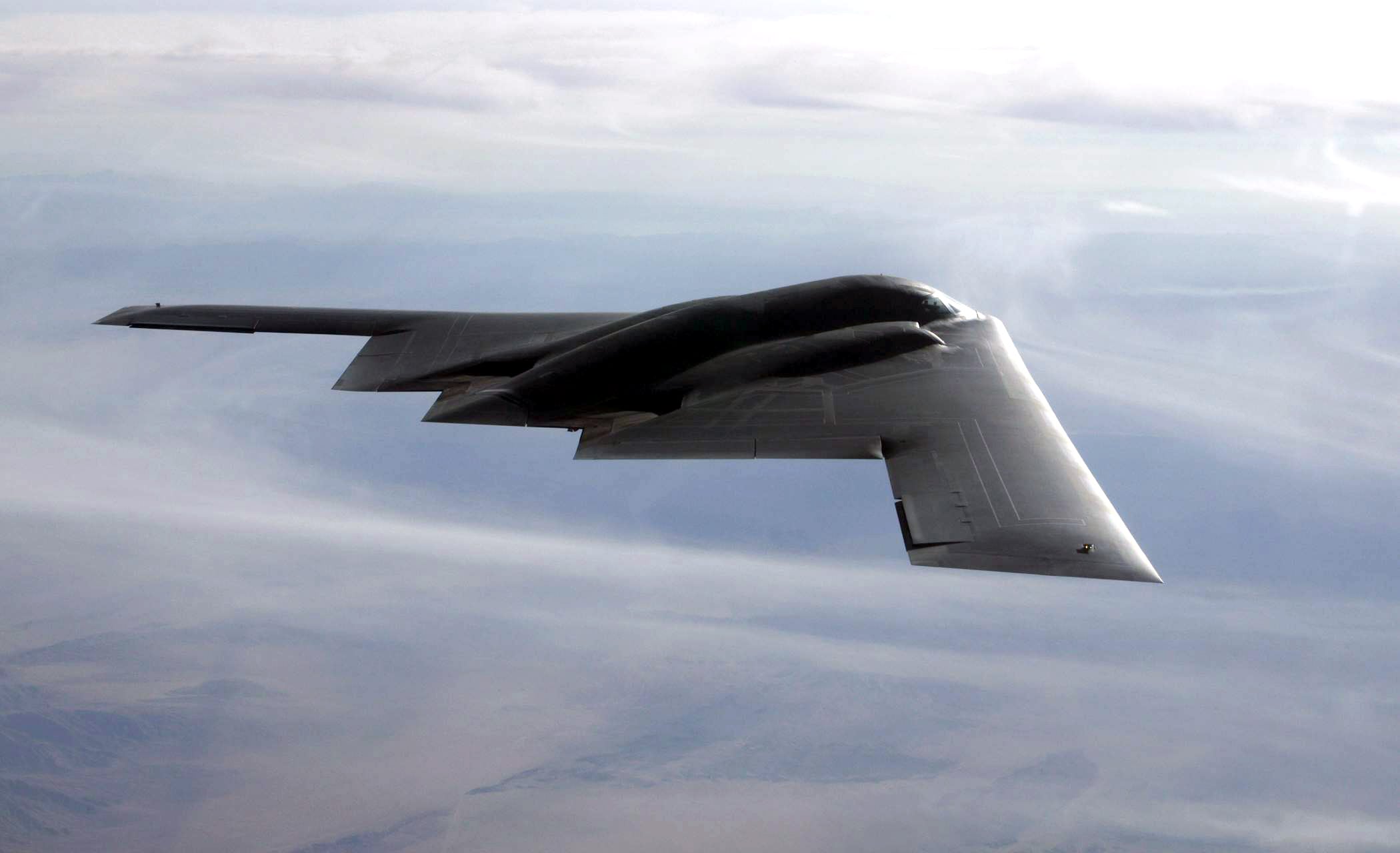WASHINGTON – The Pentagon expects to deliver its fiscal year 2019 budget request to the Hill on time, but a much-awaited defense buildup may not happen until fiscal year 2020, the department’s No. 2 said Thursday.
“I expect the budget to come out on time. That’s the plan that we’re on track to perform to, so that’s early February,” Deputy Secretary of Defense Patrick Shanahan told reporters at the Pentagon. “We’re hoping the ’18 budget comes out before the ’19 budget but we’ll see how that plays out.”
Asked specifically if a continuing resolution through January 19 – passed by Congress Thursday evening – would delay getting the budget on time, Shanahan said “I don’t see why it would.”
At the same time, the deputy seemed to temper expectations for the 2019 budget, which industry has expected to include a potential major increase for defense spending.
While FY19 will include a “step up” in the defense budget, FY20 will be the “masterpiece,” Shanahan pledged, in part because of the logistics surrounding the recently released National Security Strategy and its follow-ons, the National Defense Strategy, Ballistic Missile Defense Review and Nuclear Posture Review.
RELATED

The NDS is expected in January, with the BMDR and NPR to follow in February, around the same time the White House will unveil its FY19 budget request. Because the strategy and review documents were being organized at the same time as the FY19 budget, there simply was not enough time to full incorporate strategic decisions from those studies into the upcoming budget, Shanahan said.
“A big portion of my time in the next twelve months will be to make sure [the FY20 budget] is the masterpiece. It is probably the next biggest step we can take to make sure we can’t unwind the strategy,” he said.
Shanahan declined to give details about what the FY20 budget might look like, aside from reiterating that it will be driven with the NDS “firmly planted on the hill in front of our brains.”
But he did acknowledge that it will likely feature “many of the bets in terms of innovation and some of the new technology will take place,” adding that the technology being considered is “really cool.”
Aaron Mehta was deputy editor and senior Pentagon correspondent for Defense News, covering policy, strategy and acquisition at the highest levels of the Defense Department and its international partners.








